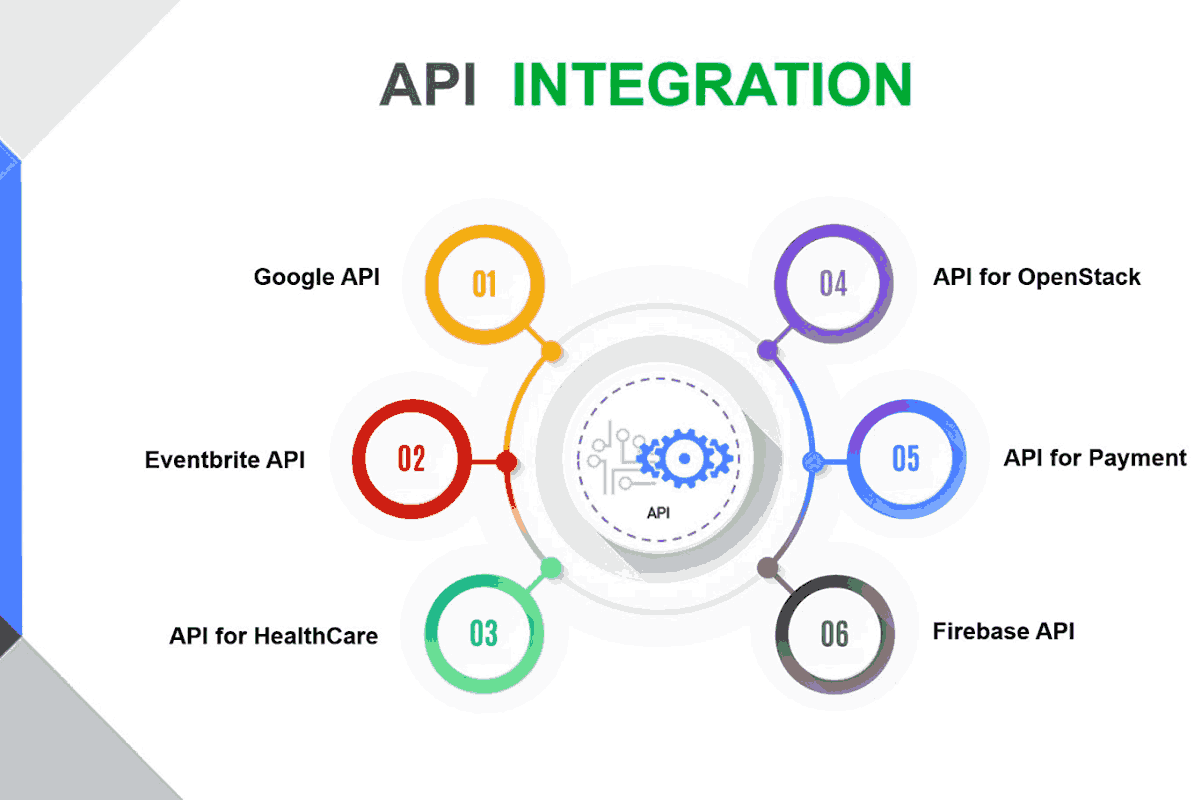
The field of information technology has become one of the most dynamic and rewarding career landscapes in the modern world. With businesses and individuals relying more than ever on digital systems, skilled professionals are in constant demand. From software development to cybersecurity, there’s a wide range of paths for those interested in building a career in this ever-evolving sector.
Why Technology Careers Are in Demand
Every industry today, from healthcare to finance, depends on digital infrastructure to operate efficiently. Companies require experts to manage networks, secure data, develop software, and ensure systems run smoothly.
The increasing reliance on cloud computing, artificial intelligence, and big data has further fueled the need for tech-savvy workers. This demand is not just limited to large corporations; small businesses and startups are also seeking IT specialists to stay competitive.
Key Career Paths in the Field
While the technology sector is broad, certain roles stand out due to their growth potential and earning opportunities. Some of the most sought-after positions include:
-
Software Developer – Designing and building applications for various platforms.
-
Cybersecurity Analyst – Safeguards networks and information from potential digital attacks.
-
Network Administrator – Ensuring communication systems and servers run without disruption.
-
Data Analyst – Examines and translates data into insights that guide organizational decisions.
-
Cloud Engineer – Managing cloud-based platforms and solutions.
Each of these roles offers different challenges and requires specific skill sets, but all share one common factor: they are essential for the smooth functioning of modern businesses.
Skills That Employers Value
To succeed in the technology industry, a combination of technical and soft skills is necessary. Skills like coding, managing networks, and understanding security procedures are essential, but employers also value problem-solving, adaptability, and clear communication. As technology grows more complex, collaborating effectively with different teams has become even more important.
Continuous learning is another crucial factor. Technology changes rapidly, and staying relevant means keeping up with the latest tools, languages, and best practices. Professionals who invest time in certifications, workshops, and online courses often find themselves ahead in the job market.
Education and Training
While some roles require a bachelor’s degree in computer science, information systems, or a related field, others are accessible through vocational programs or self-study. Many successful professionals in the sector have built their careers through a mix of formal education and hands-on experience. In recent years, coding bootcamps and online learning platforms have opened doors for individuals who want to transition into technology careers without traditional degrees.
Practical experience often matters just as much as academic credentials. Internships, freelance work, and personal projects can showcase abilities to potential employers. Building a portfolio is a smart move for anyone aiming to enter the field.
Job Market Outlook
The global job market for technology professionals continues to expand. According to industry projections, roles such as cybersecurity specialists, cloud architects, and data scientists are expected to grow faster than the average for all occupations. This growth is fueled by the need for secure, efficient, and innovative systems in a digital-first world.
Another encouraging trend is the increasing acceptance of remote work. Many companies now offer flexible arrangements, allowing professionals to work from anywhere. This not only widens job opportunities but also gives workers more freedom in balancing career and personal life.
Tips for Building a Successful Career
For those interested in entering or advancing in the technology field, the following steps can provide a strong foundation:
-
Identify Your Niche—Understand your interests and strengths to choose a specialization.
-
Invest in Learning – Keep upgrading your skills through certifications and online resources.
-
Network with Professionals – Join industry events, forums, and online communities to connect with peers.
-
Gain Practical Experience – Work on projects, internships, or freelance jobs to build credibility.
-
Stay Updated – Follow industry news and emerging trends to remain competitive.
Final Thoughts
A career in information technology offers more than just job security; it provides a chance to be part of innovations shaping the future. Whether you’re developing cutting-edge software, protecting sensitive data, or analyzing complex datasets, your work can have a real impact on people’s lives. With dedication, continuous learning, and the right skills, you can build a rewarding path in this thriving industry.
Keywords:
- Information Technology Jobs











Leave a comment